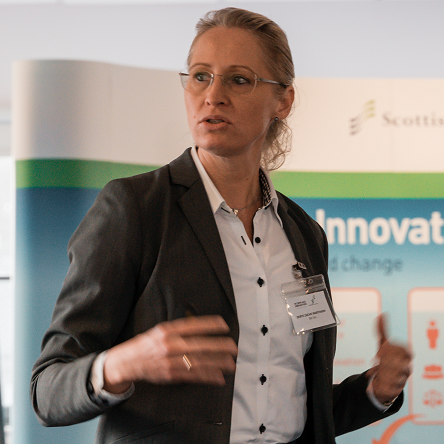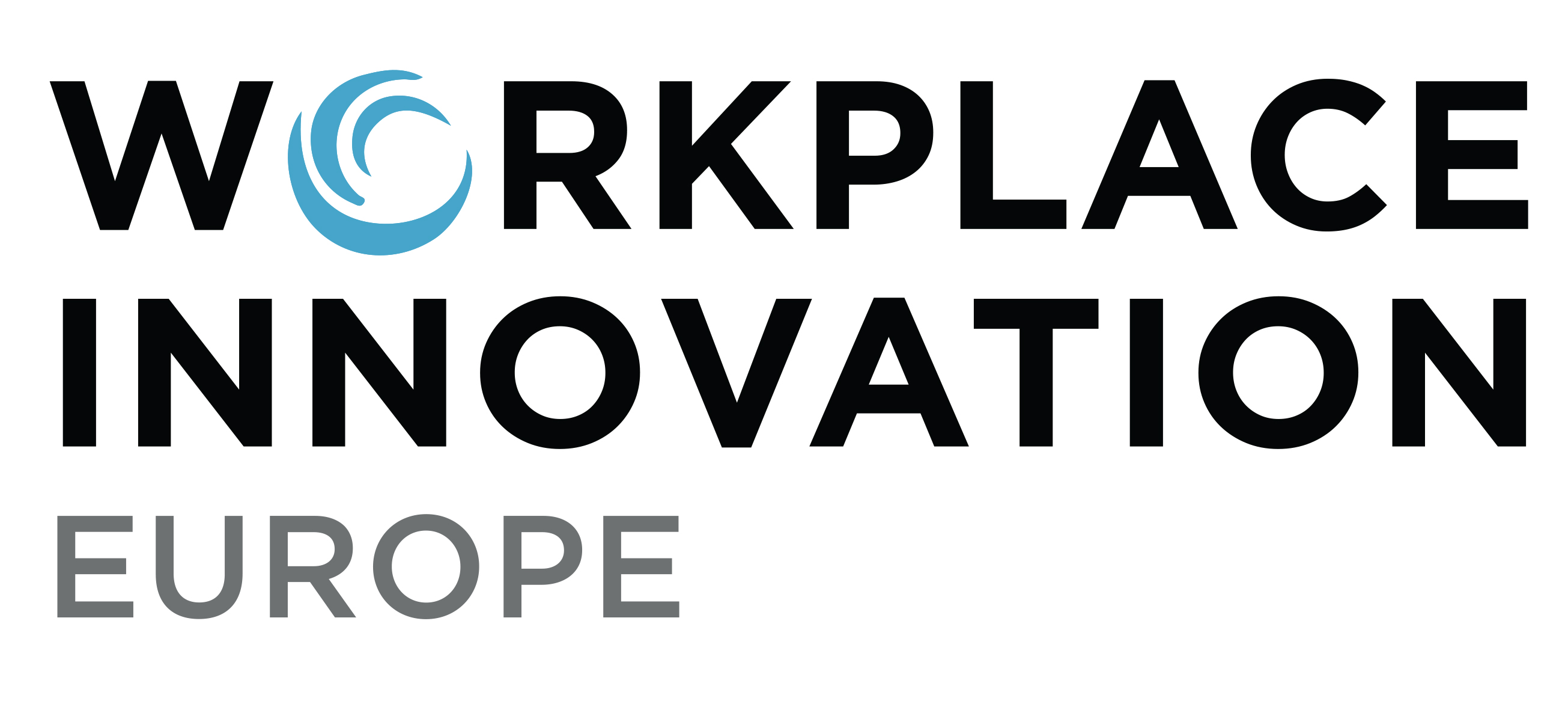Teamworking, transformation and BM Silo

Rosemary
Co-Director Workplace Innovation Europe
A vast and growing body of evidence and experience shows that employees are more productive, healthier and help their customers and colleagues more effectively when they are trusted to use their judgement, and when they have opportunities to learn and develop by facing new challenges in their day-to-day work. The ability to share problems and solutions with colleagues, to learn and reflect together, to provide and receive support in challenging times, and to celebrate successes also plays a vital role in well-being and performance.
The key concept here is teamworking, one of the defining characteristics of workplace innovation.

Extensive research demonstrates that self-organised teams empowered to plan, organise, review and improve their own work are more productive in factories, plants and offices, provide better customer service, and even save lives in places like hospitals. They also offer much better places to work supporting mental health and wellbeing.
However, the word ‘team’ is used to describe such a diverse range of workplace situations that arguably the term is in danger of becoming meaningless. Real teams are more than groups of co-located employees; they share knowledge and problems, break down barriers and demarcations, and generate ideas for improvement, innovation and growth using the insight that day-to-day work experiences give them. Creating such teams involves a radical re-appraisal of jobs, systems and procedures.
Self-managed teams require the delegation of decision-making to the lowest practicable level – another manifestation of trust. Empowering people at the frontline to make decisions that affect their work stimulates, learning, personal development and engagement. It also frees line managers for tasks more closely aligned with their role and purpose!
Now you have a unique and amazing opportunity….
Our approach has been consistent throughout the pandemic: this is a unique and amazing opportunity to position yourself and your organisation for greater innovation and a more productive future. It’s time to build leadership skills for the future and to challenge those less than optimal practices in your workplace.
We’ve been seriously impressed by the ways in which many of our client companies aren’t just keeping their teams engaged and productive, but are giving them new opportunities to imagine and plan better ways of working. Our team have been facilitating on-line and in-house Programmes and webinars for change leaders over the past couple of weeks and have been delighted by the energy and creativity they’ve generated.
We’re a not-for-profit organisation committed to improving performance and working lives alike, so we’ve been offering a lot of pro bono advice and support recently. If you’d like to talk to us, or to share some of your successful practice with others, please get in touch with me directly.
Here are some other ways we can help . . .
Now’s the time to check in with your workforce
Our jobs, teams and organisational structure may still be broadly the same, but the context in which we’re operating is now radically different, affecting team dynamics and individual motivation.
The Workplace Innovation Diagnostic® has helped many businesses enhance productivity, engage their whole workforce in generating ideas for innovation and improvement, and increase job satisfaction and wellbeing. Unlike traditional engagement surveys with their generalised, hard-to-action findings, the Workplace Innovation Diagnostic® is practically focused, directing change leaders towards specific workplace practices that can be improved or redesigned at team, departmental and organisational levels.
Right now, it can help you assess how your teams are adjusting to hybrid working and then reinforce those practices which can help make it as positive and productive an experience as possible.
Now’s the time to build skills for the future
Our programmes and short courses will help build the leadership skills, knowledge and practical resources to lead your organisation through the crisis and into a better future.
Our programmes
- are practical and action-oriented
- focus on learning by doing, rather than writing long assignments
- are grounded in hard evidence, not abstract concepts
- connect you with other people and businesses, nationally and internationally
- are recognised CPD activities or lead to ILM qualifications.
Choose your route
OPTION 1: The Leadership for Workplace Innovation Programmes lead directly to an ILM Level 5 Award, Certificate or Diploma in Leadership & Management. Learn how effective change leaders build high performing organisations, create innovation cultures and fully engage their workforces – and put your knowledge into practice. Read more
OPTION 2: Our short courses allow you to select from a menu of topic related to leadership and organisational change. Successful completion of each course is based on a 2-hour induction webinar complemented by e-learning and online tutoring. (CPD Accredited)
What are your experiences of the issues discussed in this article? Contact us to share your story.
